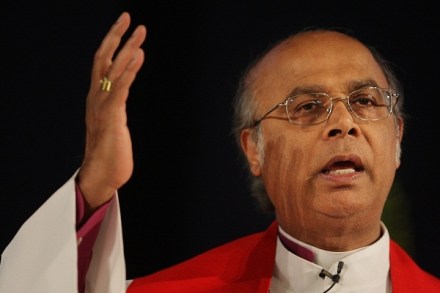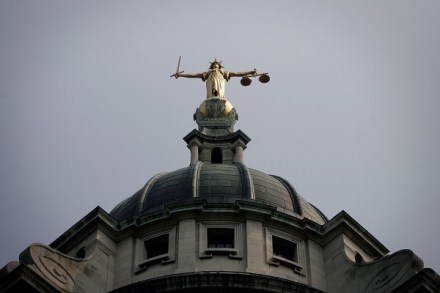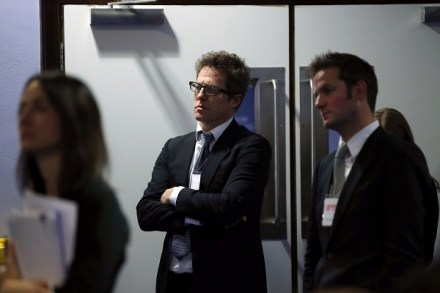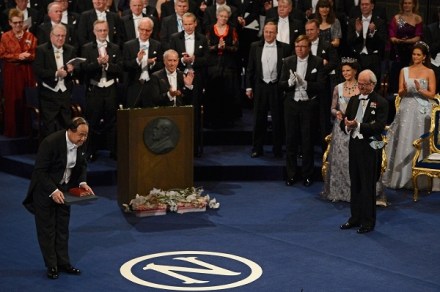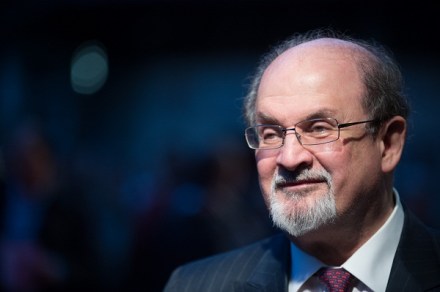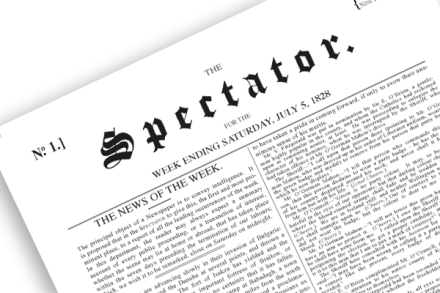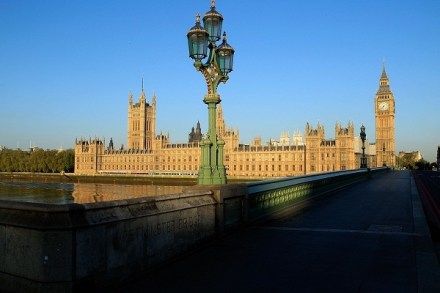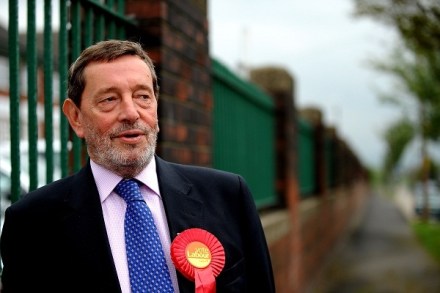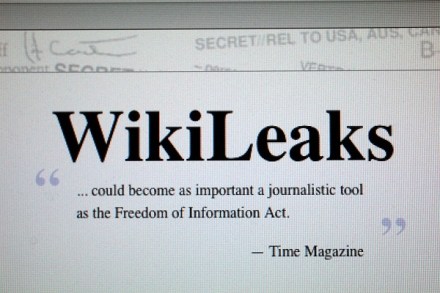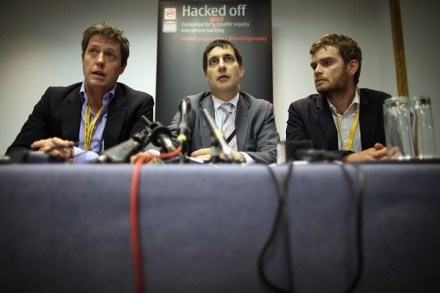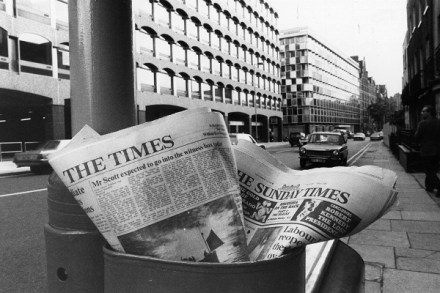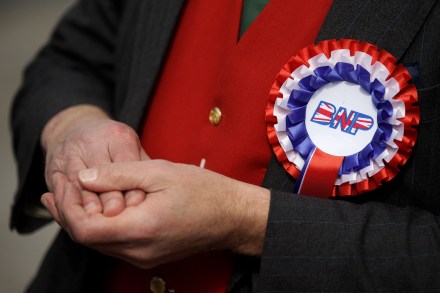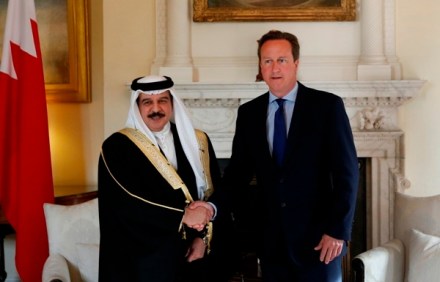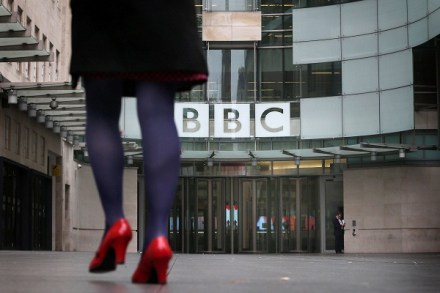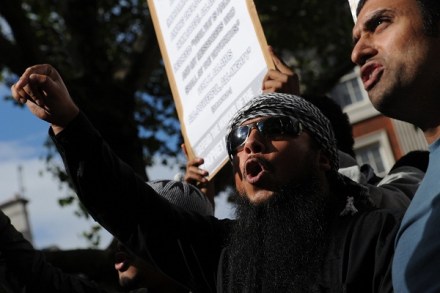No-go Britain
In 2008 one of Britain’s best and most courageous men, Bishop Michael Nazir-Ali, said that there were parts of Britain which had become no-go areas for non-Muslims. For these comments he was met with widespread scorn and denial. Nick Clegg – then merely leader of the Liberal Democrat party – said the Bishop’s comments were ‘a gross caricature of reality.’ William Hague said that the Bishop had ‘probably put it too strongly’, while the Muslim Council of Britain (MCB) accused him of ‘frantic scaremongering.’ So how interesting it is to read of the arrests made by police in recent days of a number of men for a string of incidents
